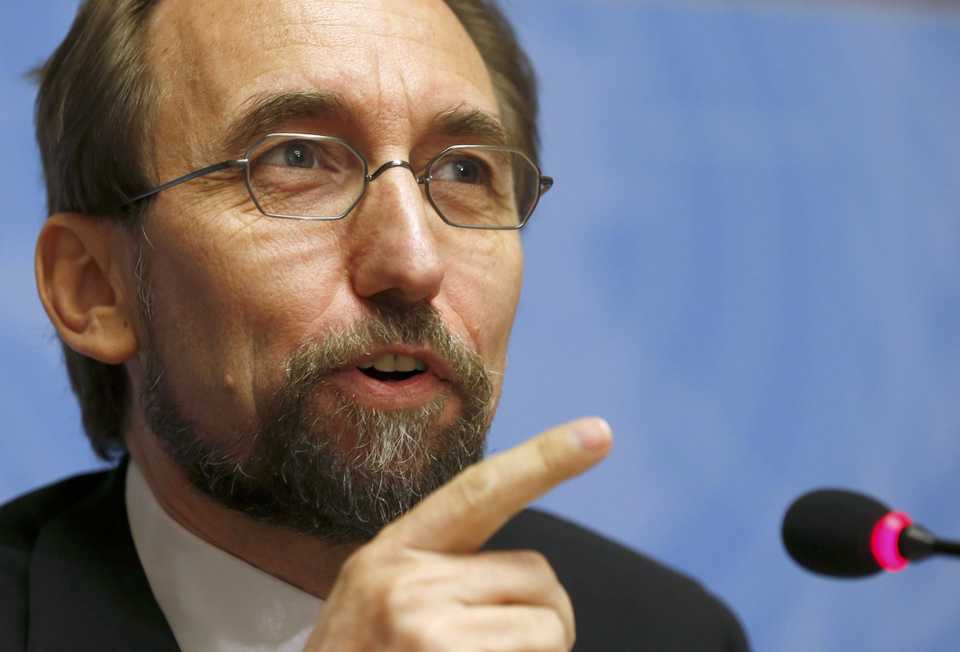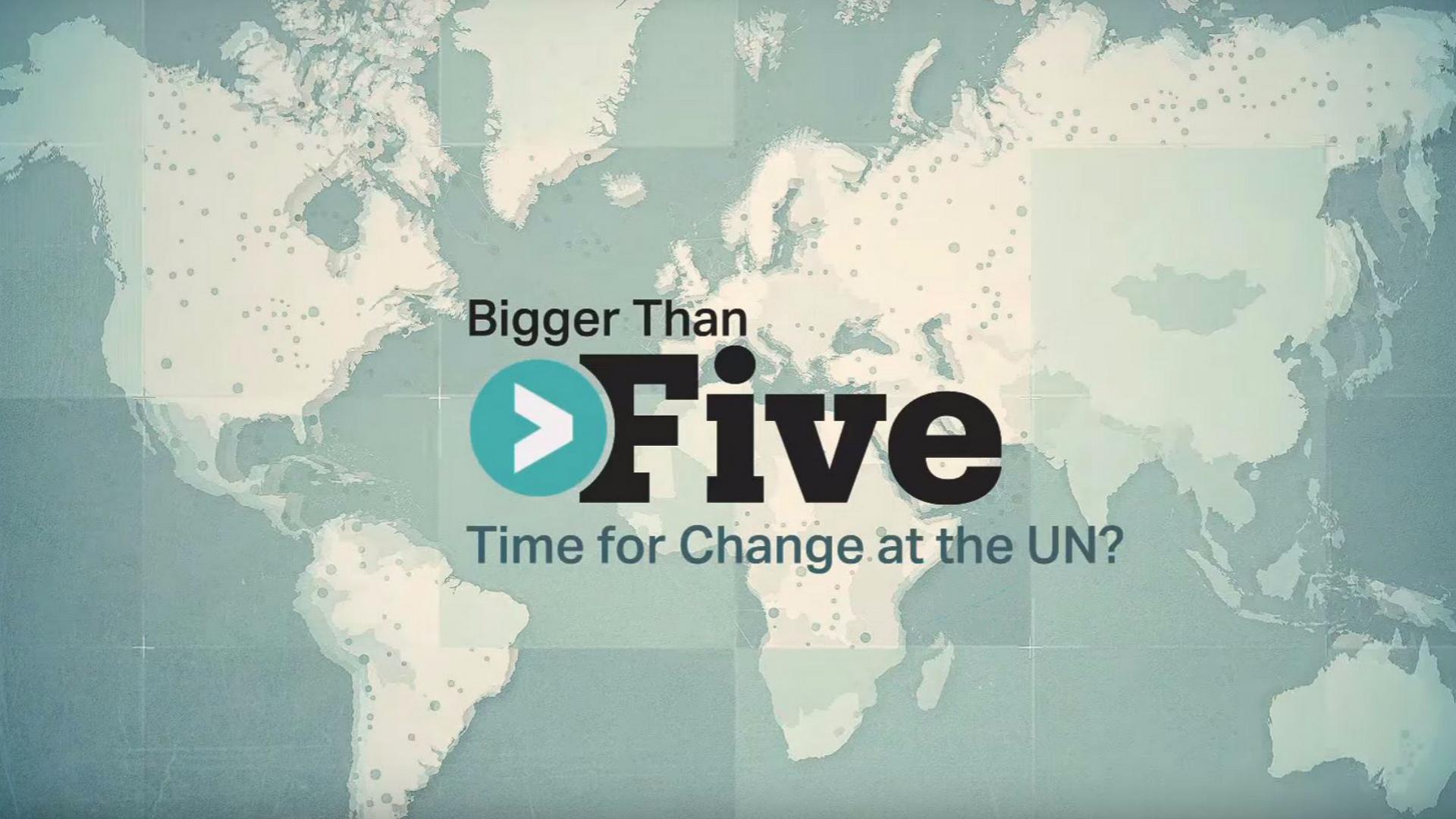TRT World’s new weekly programme Bigger Than Five will deal with global conflicts and crises as new rivalries and alliances are formed as the era of a unipolar world ends.
In the first episode, the new show touched on the US prioritising new nationalism and quitting international agreements.
Deepening ties with China and Russia and shifting diplomatic developments in the Middle East have all resulted in the UN engaging in a struggle to stay relevant.
James Champion, Executive Producer of Bigger Than Five says: “The calls for major reforms at the UN are growing louder. How it responds could have lasting importance for our world. Bigger Than Five will examine the failures and successes of the United Nations and ask what the future could hold.”
In the first episode of this show, the programme’s host, Ghida Fakhry, questioned UN insiders and got expert opinions on whether there was injustice at the heart of the UN and what kind of reforms it needed to stay relevant.
Rohingya Muslims
Appearing on the show, the United Nations High Commissioner for Human Rights Zeid Raad al Hussein, criticised Myanmar’s Aung San Suu Kyi.
Hussein said the de facto leader of the country was being “insincere” and although the UN had a team of investigators on the Bangladesh border ready to enter the country, they had been barred from going in.

He also said that the UN had satellite imagery and interviewed Rohingya victims – proof that ethnic cleansing had taken place.
Although the UN Security Council released a press statement, this was not nearly enough.
Failures of the UN
Speaking about reform at the UN, former assistant secretary general Denis Halliday said it should start from the top, referring to the security council and the five permanent members.
The five powers created this themselves and were self-appointed, said Halliday, calling it “nonsense.”
The whole world could have a voice if reform came by the way of regional representation, he added.
Speaking about the time he worked for the UN in Iraq, Halliday said the UNSC was responsible for killing anywhere from half a million to a million people, most of whom were children.
Pointing to the UNSC, he said it was a problem when the world’s biggest arms dealers were in charge of peace.
Halliday added that they needed to see the five permanent members changing, not just acting in their own interests.










Discussion about this post